Why Aromatherapy is Used
Welcome to the world of aromatherapy, a natural and holistic approach to health and wellness.
Discover what aromatherapy is, how it works, and the many benefits it offers.
From reducing stress and anxiety to improving sleep quality and boosting mood and energy, aromatherapy has a lot to offer.
Why Aromatherapy Mean Learn about the various types of aromatherapy, the essential oils commonly used, and how to incorporate aromatherapy into your daily life.
Sit back, relax, and explore the wonderful world of aromatherapy!
Key Takeaways:
What is Aromatherapy?
Aromatherapy is a holistic therapy that uses plant essence, commonly known as essential oils, to promote health and well-being. According to the Cleveland Clinic, aromatherapy is a complementary and alternative medicine (CAM) technique that has been used for centuries.
Essential oils are highly concentrated extracts obtained from various plant parts, such as flowers, leaves, roots, and bark. The practice of using aromatic plant compounds for healing purposes dates back thousands of years, with early civilizations like the Egyptians, Greeks, and Romans utilizing these natural remedies. In ancient times, essential oils were revered for their therapeutic properties and were often used in religious rituals, skincare, and medicinal treatments.
How Does Aromatherapy Work?
Aromatherapy works by stimulating the limbic system in the brain through the olfactory senses, triggering reactions that influence emotions, hormones, and mood. The sense of smell plays a crucial role in how essential oils interact with the body.
This connection between olfaction and the brain is due to the direct pathway from the olfactory nerve to the limbic system, where emotions and memories are processed. When essential oils are inhaled, the odor molecules reach the olfactory epithelium in the nose, binding to olfactory receptors which then transmit signals to the olfactory bulb. From there, the signals are relayed to areas in the brain responsible for regulating emotions, such as the amygdala and hippocampus. This intricate process explains why certain smells can evoke powerful emotional responses or trigger specific memories.
What Are the Benefits of Aromatherapy?
Aromatherapy offers a wide range of benefits in treating various symptoms and conditions, backed by medical research. The effects of aromatherapy extend to improving overall health and well-being through the targeted use of essential oils.
Reduces Stress and Anxiety
Aromatherapy, especially using lavender essential oil, has been shown to reduce stress and anxiety levels by promoting relaxation and calming emotions. Consulting a healthcare provider for guidance on using aromatherapy for anxiety is recommended.
Research suggests that the scent of lavender can influence the brain’s limbic system, which is involved in emotions and memory. When inhaled, lavender aroma triggers a physiological response that can help lower heart rate and blood pressure, inducing a sense of calmness and well-being. Can aromatherapy be used for health benefits?
Healthcare providers often recommend incorporating lavender essential oil into relaxation techniques such as massage therapy or adding a few drops to a warm bath to enhance the soothing effects on the mind and body.
Improves Sleep Quality
Aromatherapy can improve sleep quality by calming the mind and body through the use of specific essential oils like chamomile or lavender. Consulting a healthcare provider for personalized recommendations on using aromatherapy for sleep is advisable.
Essential oils used in aromatherapy work by stimulating the olfactory system, which then sends signals to the limbic system in the brain. The limbic system plays a crucial role in controlling emotions, behaviors, and memory. When specific essential oils like chamomile or lavender are inhaled, they can trigger a relaxation response in the brain, reducing stress and promoting a state of calmness conducive to sleep.
Boosts Mood and Energy
Aromatherapy is known to boost mood and energy levels by uplifting emotions and promoting a sense of well-being through the effects of essential oils like citrus or peppermint. The use of aromatherapy for mood enhancement is a popular choice among individuals seeking a natural mood lift.
Essential oils have a direct impact on the limbic system, the area of the brain that influences emotions and memories, leading to a profound effect on psychological well-being.
Scents like lavender are widely used for their calming properties, helping to reduce anxiety and stress levels.
The invigorating aroma of eucalyptus or rosemary can boost energy and focus, making it a great choice for those looking to enhance productivity.
Relieves Pain and Inflammation
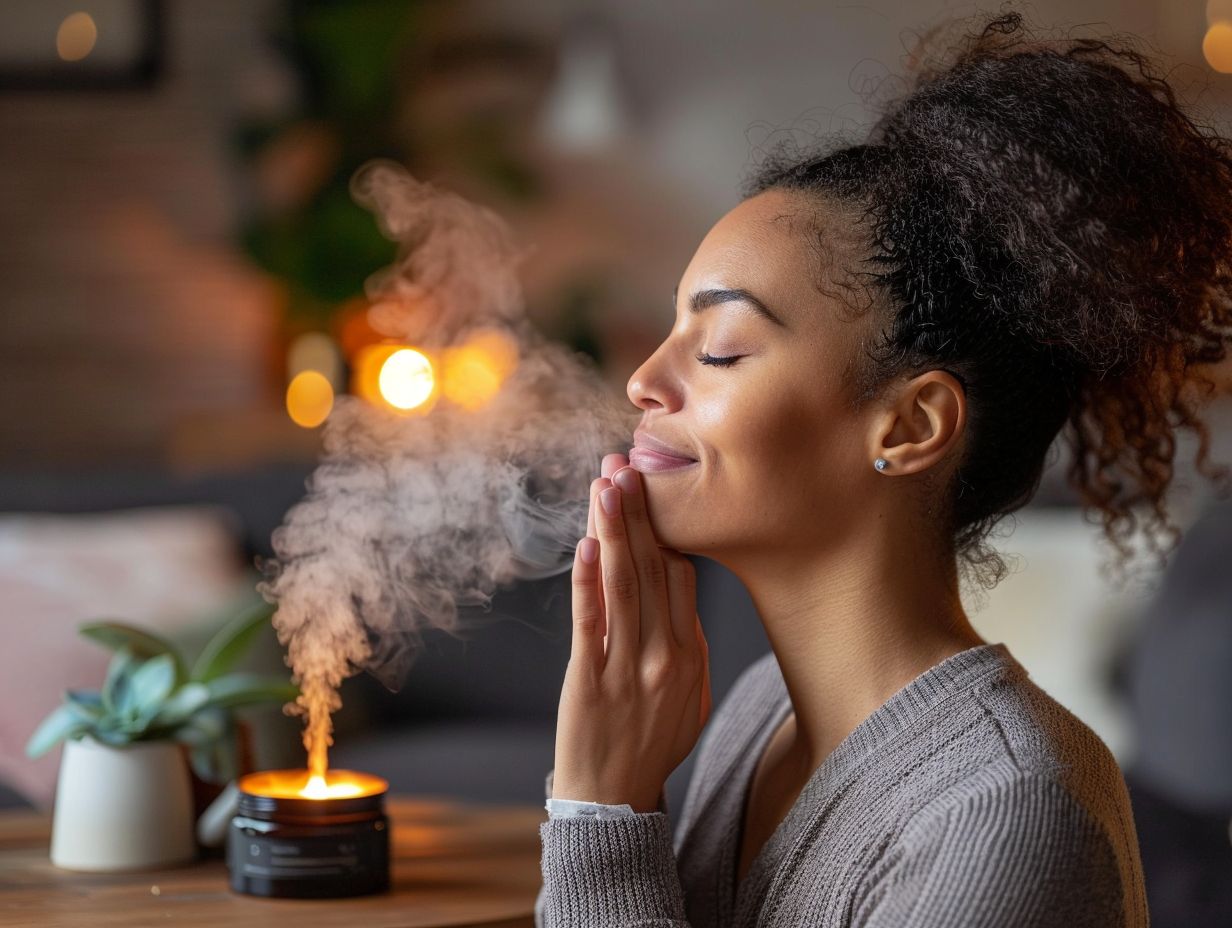
Aromatherapy has been found to offer relief from pain and inflammation through the targeted use of essential oils like peppermint or eucalyptus.
What is the Purpose of Aromatherapy: The anti-inflammatory properties of certain essential oils make them effective in soothing discomfort.
For example, peppermint essential oil contains menthol, which acts as a natural pain reliever by numbing the affected area. Additionally, eucalyptus oil is known for its analgesic properties, helping to reduce pain sensations.
When these oils are inhaled or applied topically, they can provide localized relief by reducing inflammation and promoting a sense of relaxation.
What Are the Different Types of Aromatherapy?
Aromatherapy encompasses various techniques, including inhalation aromatherapy, topical application, and aerial diffusion. Each type of aromatherapy offers unique benefits and application methods.
In terms of inhalation aromatherapy, individuals can utilize methods such as using a diffuser to disperse the essential oils into the air, directly inhaling the aroma from a bottle, or incorporating oils into a steam inhalation. Topical application involves diluting essential oils with carrier oils and applying them to the skin for absorption.
Aerial diffusion, on the other hand, involves dispersing essential oils into the air through mechanisms like nebulizing diffusers or humidifiers. This method allows for the oils to be absorbed through inhalation, offering both therapeutic benefits and creating a pleasant ambiance.
Inhalation Aromatherapy
Inhalation aromatherapy involves breathing in essential oils through the nose, allowing the aromatic compounds to reach the brain quickly and deliver therapeutic benefits. This method is effective for addressing respiratory issues and mood enhancement.
When inhaled, the essential oils stimulate the olfactory system, sending signals to the brain’s limbic system, which controls emotions and memories. This direct pathway to the brain triggers various reactions, such as relaxation, stress relief, or even increased energy levels. The respiratory system benefits from the anti-inflammatory and antimicrobial properties of the oils, helping to clear congestion and support overall respiratory health.
Topical Aromatherapy
Topical aromatherapy involves applying essential oils directly to the skin, where they can be absorbed into the bloodstream and provide localized or systemic effects. Carrier oils are often used to dilute essential oils for safe and effective topical application.
When essential oils are applied to the skin, they can penetrate the epidermis and enter the dermis, where they are then absorbed into the capillaries. From there, these potent plant extracts can travel through the bloodstream to different parts of the body, exerting their therapeutic properties. This method of absorption is not only efficient but also allows for quick action.
Carrier oils play a crucial role in topical aromatherapy by diluting the concentrated essential oils, reducing the risk of skin irritation, and ensuring even distribution. Choosing the right carrier oil is vital to enhance the benefits of the essential oils while protecting the skin barrier and maintaining its health.
Aerial Diffusion Aromatherapy
Aerial diffusion aromatherapy involves dispersing essential oils into the air using a diffuser, creating a pleasant and therapeutic environment in a room. This method is effective for enhancing mood, purifying the air, and promoting relaxation.
Diffusing essential oils via aerial diffusion can have a multitude of benefits beyond just creating a fragrant atmosphere. The molecules released by the oils can help to boost respiratory health by clearing congestion and improving breathing. Certain essential oils like lavender or chamomile have aromatherapy locations that can aid in stress relief and better sleep quality.
The antibacterial and antifungal properties of many essential oils can help in reducing airborne pathogens, thus contributing to a healthier indoor environment. The versatility of diffusers allows for customization based on personal preferences, whether focusing on energy-boosting blends or immunity-stimulating scents.
What Essential Oils Are Used in Aromatherapy?
Several essential oils are commonly used in aromatherapy, including lavender, peppermint, eucalyptus, and tea tree. Each essential oil offers unique therapeutic properties and benefits for various health and wellness needs.
Lavender is well-known for its calming and relaxing effects, making it ideal for alleviating stress and promoting better sleep. Learn more about when aromatherapy can be used.
Peppermint is invigorating and can help boost energy levels, improve focus, and relieve headaches.
Eucalyptus is commonly used for respiratory support, easing congestion, and promoting easier breathing. On the other hand, where aromatherapy works, such as in promoting relaxation and reducing stress levels, is equally important.
Tea tree oil is often used for its antibacterial and antifungal properties, making it beneficial for skincare, treating acne, and soothing skin irritations.
Lavender
Lavender essential oil is widely known for its calming and relaxing properties, making it a popular choice in aromatherapy for reducing stress, promoting better sleep, and soothing skin irritations. The floral aroma of lavender also uplifts the mood and emotions.
One of the key therapeutic benefits of lavender essential oil lies in its ability to act as a natural sedative, helping to ease feelings of anxiety and tension. When diffused or applied topically, this soothing oil can create a peaceful environment conducive to relaxation and mental clarity. Plus its emotional benefits, lavender oil is revered for its skin-healing properties, aiding in the treatment of minor burns, insect bites, and eczema due to its anti-inflammatory and antiseptic qualities.
Peppermint
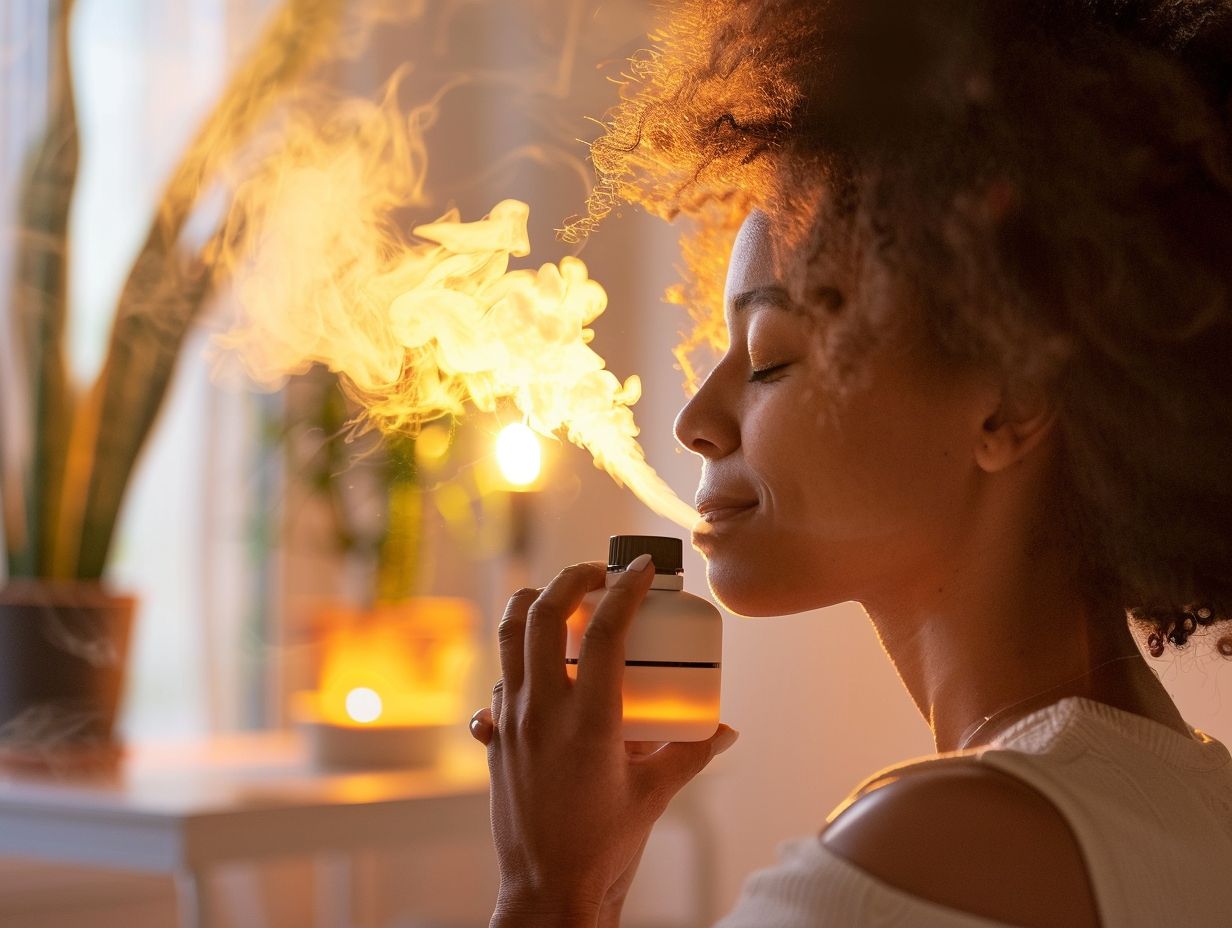
Peppermint essential oil is commonly used in aromatherapy to boost energy levels, enhance focus, and increase alertness. The invigorating scent of peppermint can stimulate the mind and promote cognitive function, making it ideal for mental clarity.
This powerful essential oil acts as a natural stimulant, helping to combat feelings of fatigue and lethargy. By diffusing peppermint oil or applying it topically, individuals can experience a revitalizing effect that can help them stay energized and focused throughout the day. The menthol content in peppermint oil also provides a cooling sensation, which can invigorate the senses and increase overall alertness. Research suggests that the aromatic compounds in peppermint oil may even improve memory retention and concentration, making it a valuable tool for anyone seeking to enhance their cognitive abilities.
Eucalyptus
Eucalyptus essential oil is renowned for its respiratory benefits, as it can help alleviate congestion, support clear breathing, and possess antibacterial properties. Aromatherapy with eucalyptus oil is effective in promoting respiratory health and sinus relief.
These benefits stem from the main active ingredient called eucalyptol, which gives eucalyptus oil its distinctive scent and therapeutic properties. When inhaled through steam inhalation or diffused in the air, eucalyptus oil can dilate the bronchioles, easing airflow and relieving respiratory symptoms like coughs and nasal congestion.
The antibacterial nature of eucalyptus oil can help combat respiratory infections by inhibiting the growth of harmful bacteria in the airways, thus supporting the body’s immune response. This natural remedy is a popular choice during cold and flu seasons for its ability to enhance breathing and provide relief from chest discomfort.
Tea Tree
Tea tree essential oil is known for its antiseptic and antibacterial properties, making it a popular choice for skin care in aromatherapy. The natural cleansing properties of tea tree oil can help address acne, blemishes, and skin infections effectively.
When applied topically, tea tree oil’s antibacterial benefits can combat the bacteria responsible for acne breakouts, reducing inflammation and promoting clearer skin. The antiseptic nature of tea tree oil aids in preventing infections in minor cuts and wounds, accelerating the skin’s healing process.
Its purifying qualities also make it a powerful ingredient in skincare products targeting oily or acne-prone skin, helping to regulate excess sebum production without stripping the skin of its natural oils.
How Can Aromatherapy Be Used in Daily Life?
Aromatherapy can be seamlessly integrated into daily life through various practices, such as inhaling essential oils, adding them to baths or showers, using them in massage sessions, or applying them topically. These versatile applications make aromatherapy accessible and beneficial for everyday wellness.
One simple way to incorporate aromatherapy into your daily routine is by using a diffuser to enjoy the aromatic benefits of essential oils in the air around you. This can help create a calming atmosphere and enhance your mood. Another effective method is to add a few drops of lavender oil to your bath before soaking, allowing the soothing scent to relax your mind and body. When used in massage oils, essential oils like eucalyptus or peppermint can provide pain relief and aid in relaxation.
Inhaling Essential Oils
Inhaling essential oils directly or through a diffuser can have immediate effects on the brain and emotions, creating a sense of calm, focus, or energy. The olfactory experience of inhaling specific oils can enhance mood and well-being rapidly.
When essential oils are inhaled, the tiny molecules travel through the nasal passages and directly stimulate the limbic system, which is the brain’s emotional center. This stimulation can trigger the release of neurotransmitters like serotonin and endorphins, promoting feelings of relaxation and happiness. Certain essential oils have adaptogenic properties, helping to balance emotions and reduce stress levels. The rapid absorption of these aromatic compounds can also boost mental clarity, improve concentration, and provide a natural way to uplift spirits without any harmful side effects.
Adding Essential Oils to Bath or Shower
Adding essential oils like lavender or eucalyptus to baths or showers can enhance relaxation, promote skin health, and create a spa-like experience at home. The steam and warmth of water help the essential oils penetrate the skin and deliver therapeutic benefits.
When these aromatic oils are combined with water, they not only infuse the air with delightful scents but also work wonders on your skin. The steam opens up your pores, allowing the oils to deeply nourish and hydrate your skin from within. The act of soaking in a bath or standing under a shower with these oils can help alleviate stress and tension, making it a perfect way to unwind after a long day.
Using Essential Oils in Massage
Utilizing essential oils during massage therapy can amplify the benefits of both relaxation and skin health, as the oils are absorbed through the skin and work in tandem with the massage techniques. Seeking guidance from a healthcare provider or aromatherapist for personalized massage oil blends is advisable.
Essential oils, extracted from plants, contain various therapeutic properties that can enhance the overall massage experience.
- Many essential oils have calming effects, promoting relaxation and stress relief during the massage session.
- Certain oils possess skincare benefits, aiding in skin rejuvenation and maintaining skin health.
- Combining the right oils with appropriate massage techniques can create a synergistic effect, maximizing the therapeutic outcomes.
It is crucial to consult professionals for advice on suitable oils for individual needs, as some oils may not be suitable for certain skin types or medical conditions.
Applying Essential Oils Topically
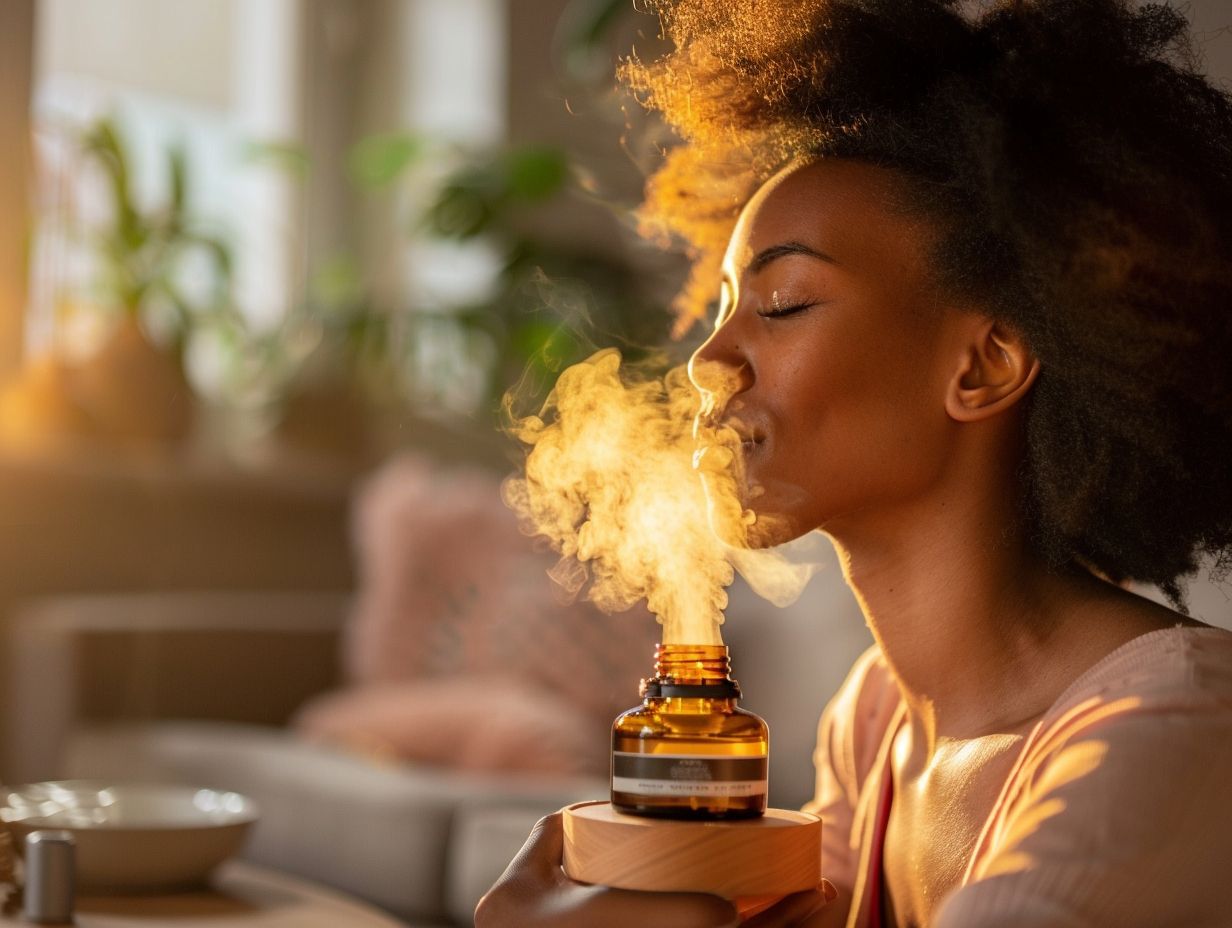
Topical application of essential oils, when diluted with carrier oils, can provide targeted benefits for skin health, muscle relief, or emotional support. It is essential to follow proper dilution guidelines and consult with a healthcare provider to minimize potential skin reactions or sensitivities.
When incorporating essential oils into your skincare routine, always remember that these potent extracts should never be applied directly to the skin in their concentrated form. Mixing essential oils with carrier oils like jojoba, coconut, or almond oil helps to reduce the risk of irritation while ensuring optimal absorption.
To soothe muscle tension, blend a few drops of lavender or peppermint oil with a carrier oil and gently massage onto the affected areas. This simple remedy can promote relaxation and alleviate discomfort. For emotional well-being, diffusing a mix of citrus oils like orange or bergamot can uplift mood and create a calming atmosphere. Learn more about when to do aromatherapy.
Frequently Asked Questions
Why is aromatherapy used?
Aromatherapy is used primarily for its therapeutic benefits and to promote overall physical and emotional well-being. The use of essential oils can help with relaxation, stress relief, and improving mood.
How does aromatherapy work?
Aromatherapy works by stimulating the olfactory system, which is connected to the limbic system in the brain. The limbic system is responsible for controlling emotions, memories, and behaviors. Inhaling essential oils can trigger a response in the brain, leading to various physical and emotional effects.
What are the most commonly used essential oils in aromatherapy?
Some of the most commonly used essential oils in aromatherapy include lavender, peppermint, eucalyptus, tea tree, and lemon. Each of these oils has unique properties and benefits, making them popular choices for aromatherapy.
Are there different methods of using aromatherapy?
Yes, there are several methods of using aromatherapy. Inhalation is the most popular method, where essential oils are inhaled directly or through steam. Other methods include topical application, such as massage or baths, and ingestion, although this should only be done under the guidance of a trained professional.
Is aromatherapy safe for everyone?
While aromatherapy is generally safe for most people, it is not recommended for pregnant women, young children, and those with certain medical conditions. It is always best to consult with a healthcare professional before using aromatherapy, especially if you have any concerns.
Can aromatherapy be used in combination with other treatments?
Yes, aromatherapy can be used in combination with other treatments, such as traditional medicine or therapy. It is important to inform your healthcare provider about any aromatherapy use, as some essential oils may interact with certain medications. Aromatherapy can also enhance the effects of other treatments and promote overall well-being.

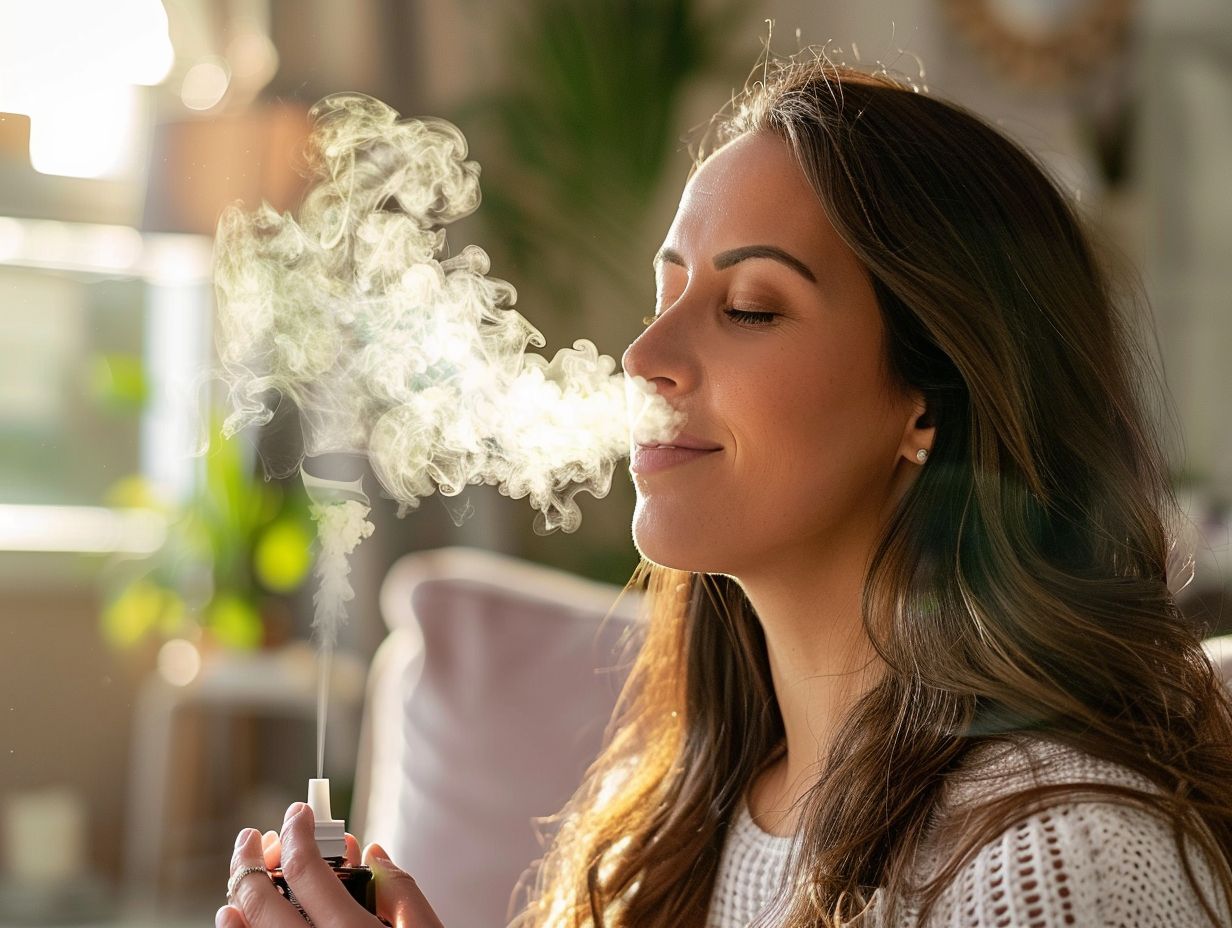
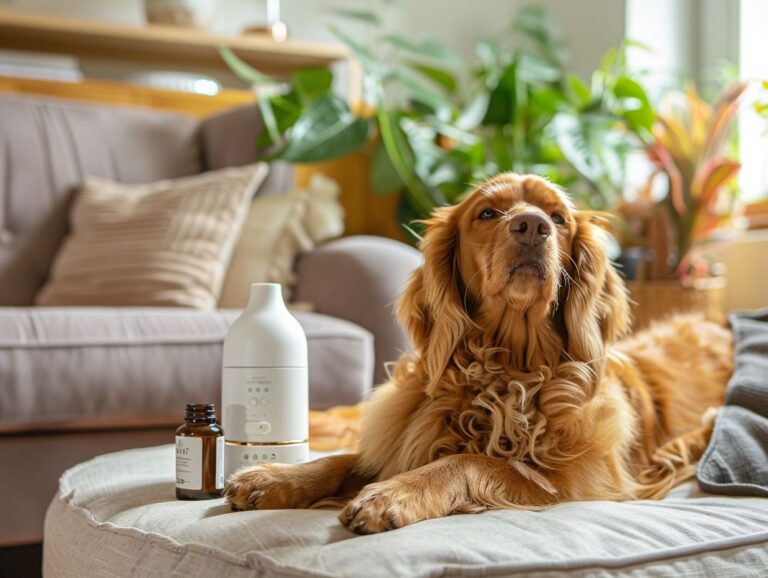
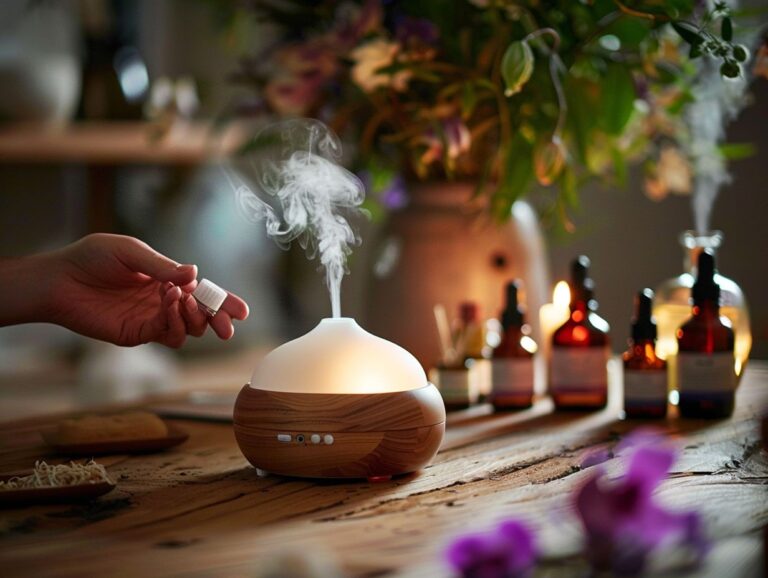

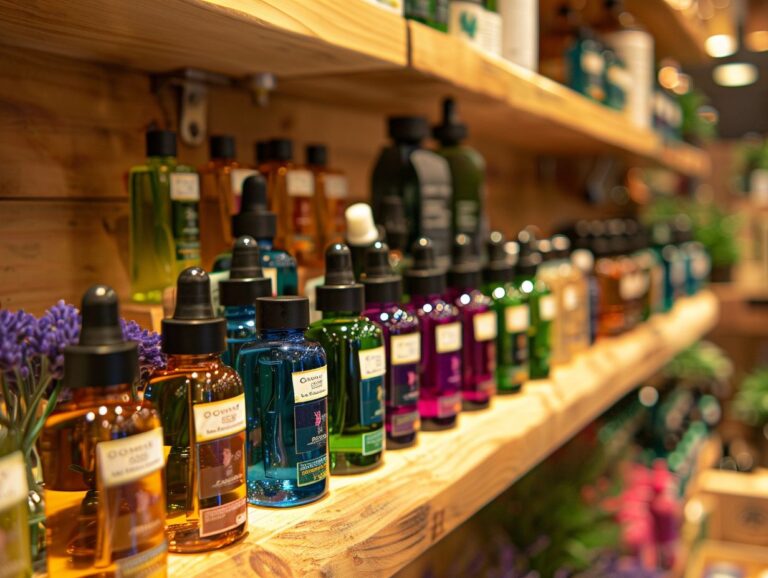
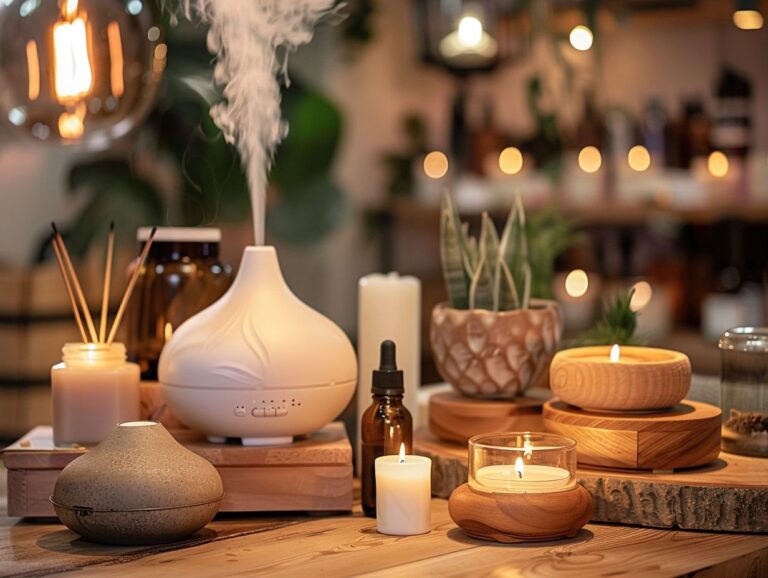
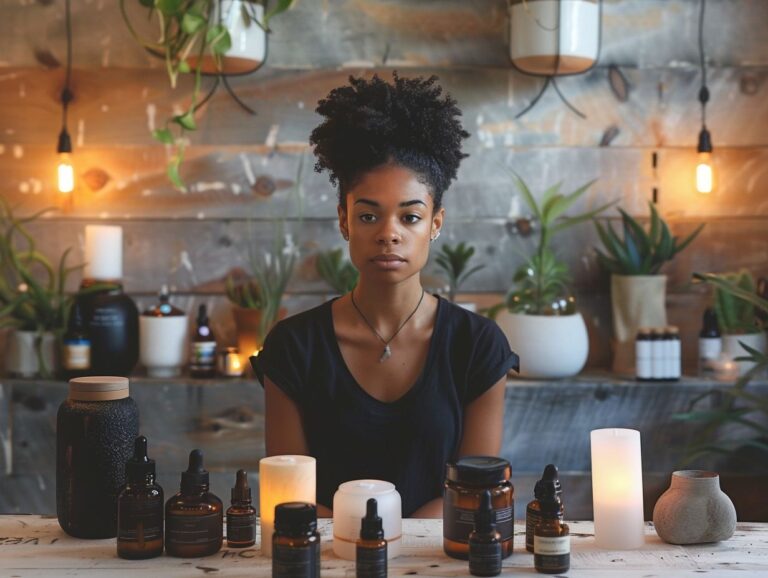
5 Comments